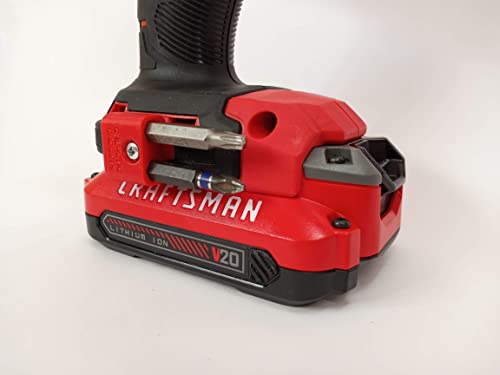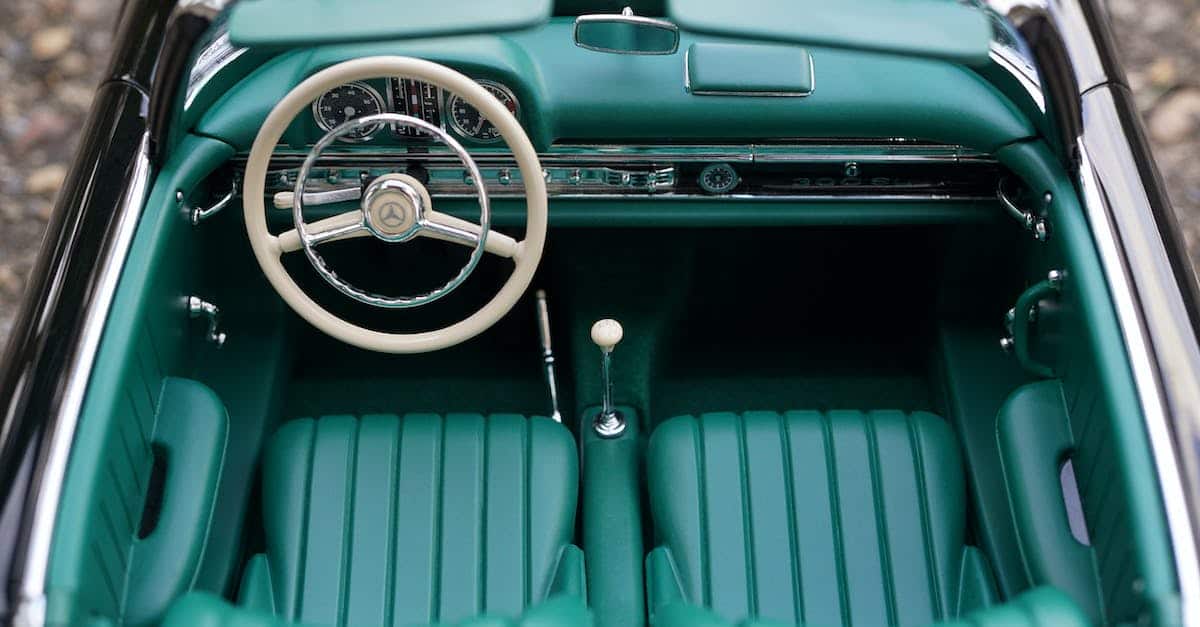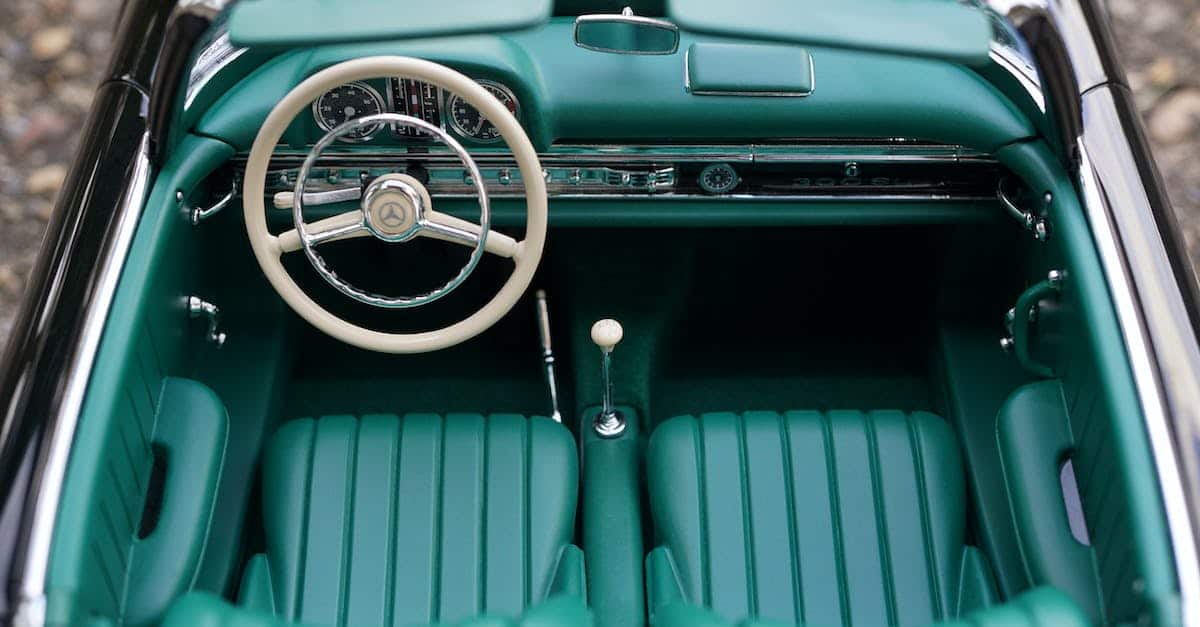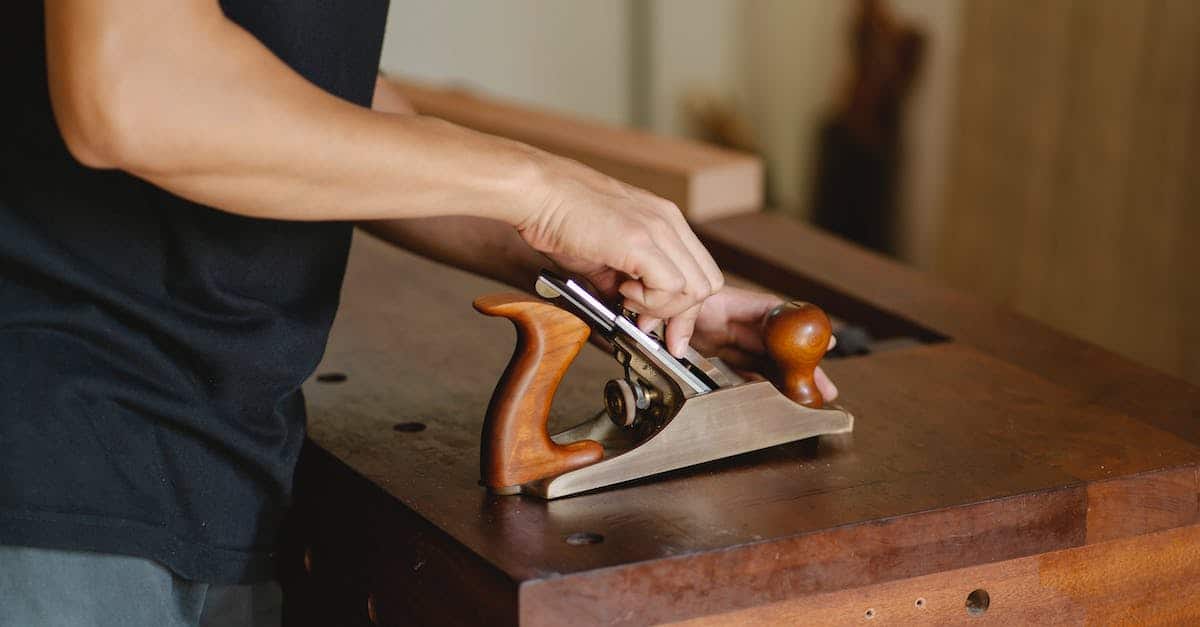When you’re eyeing that new project on your to-do list, the power tools you choose can make all the difference. You’ve probably heard of DeWalt and Craftsman, two heavy-hitters in the tool world, but which one’s right for you?
Overview of DeWalt and Craftsman Brands
When you step into the aisles of your favorite hardware store, two brands likely catch your eye: DeWalt and Craftsman. Both are staples in the tool world, each with their own loyal following. DeWalt, recognized by its iconic yellow and black color scheme, is a name synonymous with professional-grade power tools. Craftsman, on the other hand, sports a signature red hue and is known for offering reliable tools at a more approachable price point.
DeWalt’s heritage dates back to the early 1920s, and it’s been a go-to for serious woodworkers and contractors who demand top-notch performance and durability. With their tools designed to withstand the rigors of a job site, you’ll find that DeWalt tends to edge out in terms of raw power and longevity. They’re often the choice for heavy-duty tasks, where their tools’ high torque and robust construction make a clear difference.

Craftsman, while it may not always match the brute force of DeWalt, prides itself on versatility and value. Founded in 1927 and traditionally sold by Sears, Craftsman has carved out its niche in the hearts of home DIY enthusiasts and professionals alike. Their tools are generally more budget-friendly, and for many, that’s a significant factor in the decision-making process. Plus, Craftsman’s widespread availability and expansive product line ensure you’ve got the right tool for the job, whether it’s a quick fix or a larger project.
Each brand brings its unique strengths to the table. It’s not just about the power or the price – it’s about how the tools fit into your workflow and the projects you’re passionate about. As you expand your woodworking expertise or tackle new home DIY projects, consider how the specific features of DeWalt and Craftsman will serve your needs and help your craftsmanship shine.
Remember, when it comes down to it, the best tool is the one that feels right in your hands and delivers the results you’re after, without any fuss or hindrance. Keep that in mind as you weigh your options between these two powerhouses of the tool industry.
Price Comparison: DeWalt vs. Craftsman Power Tools
When you’re knee-deep in sawdust, creating your latest masterpiece or tackling a home improvement project, the cost of your tools can be a deciding factor. You’ve already got an image of the perfect addition to your garage workshop, but your wallet might have other plans. Let’s break down how DeWalt and Craftsman stack up in terms of price.
DeWalt’s reputation for high-end performance comes with a matching price tag. These tools are crafted for the pros, and their costs reflect the investment in quality and longevity. You’re not just buying a tool; you’re investing in a piece of equipment that’s meant to last through many projects. But if you’re a hobbyist or someone who indulges in DIY projects on the weekends, these prices might feel a bit steep.
For a more budget-friendly option, Craftsman offers a solid middle ground. It’s not just about being cost-effective; it’s about striking a balance between affordability and reliability. Their power tools are priced to attract both budding woodworkers and seasoned DIY enthusiasts who need dependable tools without breaking the bank.
Here’s a quick snapshot of how the prices can differ for a basic cordless drill from both brands:
| Tool | DeWalt Model | Craftsman Model |
|---|---|---|
| Cordless Drill | Approx. $160 (bare tool) | Approx. $60 (with battery) |
Remember, while the upfront cost is a big part of your decision, you’re also looking at the value over time. DeWalt’s durability might mean fewer replacements down the line, which can save money in the long run. Conversely, the savings from a Craftsman purchase could allow you to expand your tool repertoire faster. It’s about balancing your immediate needs with your long-term woodworking aspirations.
Performance Comparison: DeWalt vs. Craftsman Power Tools
When you dive into your woodworking projects, you understand the value of tools that won’t let you down. Power and precision are paramount, whether you’re shaping dovetail joints for a vintage dresser or putting the finishing touches on your deck. Let’s talk about how DeWalt and Craftsman stack up in terms of performance.
DeWalt’s tools are renowned for their robust power and durability. You might notice this difference when cutting through dense hardwoods or when your project demands unwavering torque. They’re equipped with high-efficiency motors and are often the go-to choice for professionals needing reliable tools for long hours of work. DeWalt tools are engineered for heavy-duty applications, ensuring you don’t lose steam halfway through a project.
On the other side, Craftsman power tools deliver reliable performance that aligns perfectly with most DIY projects and general home maintenance tasks. They boast a solid construction that withstands normal wear and tear, though they may not match the raw power output of a DeWalt. However, for your average at-home workshop, Craftsman tools provide more than enough muscle to get the job done with a degree of finesse.
Let’s break down the two brands with some numbers for clarity:
| Tool Feature | DeWalt | Craftsman |
|---|---|---|
| Battery Life | Long-lasting | Satisfactory |
| Torque | High | Moderate |
| Speed Settings | Multiple | Limited |
| Durability | Designed for heavy use | Good for everyday use |
| Ideal Usage | Professional projects | DIY and home projects |
Remember, while DeWalt might take the lead in raw performance, it’s about finding the right balance for your woodworking passions. Whether you’re crafting heirloom furniture or fixing up your space, selecting a power tool that aligns with the specific demands of your work is essential. Take the time to assess the scope of your projects and choose the brand that complements your commitment to quality craftsmanship.
Durability and Reliability: DeWalt vs. Craftsman Power Tools
When you’re in the thick of a project, you want tools that can keep up with your pace and stand up to the demands of woodworking. DeWalt’s reputation for durability isn’t just hype; it’s founded on their tools’ remarkable resilience in challenging conditions. Whether you’re sawing through hardwoods or driving screws into dense material, DeWalt tools are designed to withstand the rigors of heavy-duty usage.
Craftsman, while generally more affordable, offers a level of durability that’s often surprising given their price point. You’ll find that their tools aren’t as heavy-duty as DeWalt’s, but don’t be fooled. They’re tough enough for most DIY projects and they hold their own for home-based woodworking. If you’re outfitting your garage workshop and predominantly focusing on occasional furniture building or smaller home projects, Craftsman can be a very practical choice.
Battery life is another crucial aspect of power tool reliability. Assume you’re working with cordless models; you don’t want your workflow interrupted by constant recharging. Here’s a quick snapshot:
| Brand | Average Battery Life |
|---|---|
| DeWalt | 8 hours |
| Craftsman | 6 hours |
While DeWalt’s batteries generally last longer, Craftsman’s batteries still offer sufficient runtime for several hours of work. It’s also worth considering that DeWalt batteries often integrate with a wider range of tools within the same platform, a bonus if you’re looking to expand your collection.
Remember that the way you maintain your tools also plays a pivotal role in their longevity. Though DeWalt might give you an edge in endurance straight out of the box, taking care of your Craftsman tools will go a long way. Regular cleaning, proper storage, and mindful usage can help bridge the gap between these two brands.
For those late nights in the workshop or when a project deadline looms, you’ll be glad you chose tools that don’t just promise durability, but consistently deliver on that promise. Whether it’s the ruggedness of DeWalt or the surprising resilience of Craftsman, you’re armed with knowledge to choose wisely.
Features and Innovations: DeWalt vs. Craftsman Power Tools
As you delve deeper into the heart of woodworking and DIY projects, you’ll notice that both DeWalt and Craftsman offer a range of power tools brimming with features and innovations. DeWalt, with its yellow and black insignia, stands as a beacon for pioneering technology in tools, introducing brushless motors which greatly increase efficiency and runtime.
Craftsman tools might not always match the cutting edge of DeWalt’s advancements but don’t count them out. They’ve steadily integrated features like smart triggers and ergonomic designs to enhance control and comfort during long hours in your garage-turned-workshop. Plus, their V20 cordless system has been making strides in power tool operability, emphasizing versatility across the board.
- Smart Connect Technology is another forefront where DeWalt takes the lead, allowing you to customize tool settings via a smartphone app – a handy feature for those tailored tasks.
- Yet, on the Craftsman side, the Bolt-On System allows for quick change-outs of tool heads, making a single base handle numerous jobs, which for you, means less clutter and more space for creativity to flow.
Let’s talk about the tools that form the spine of any woodworking shop: saws and drills. DeWalt’s FlexVolt technology equips their saws with the capacity to switch from corded power to cordless with no loss in performance – an impressive feat. Meanwhile, Craftsman’s drills boast robust build quality at a more approachable price point, ensuring you get the job done without breaking the bank.
Tool innovation isn’t just about power, it’s about streamlining your workflow. DeWalt’s integrated LED lights and Craftsman’s magnetic bit holders reflect the thought put into every design choice. These might seem like small details, but when you’re in the zone, they can make all the difference.
Finally, consider how each brand’s innovations impact your specific needs. If you’re pushing boundaries and taking on the toughest of projects, DeWalt’s state-of-the-art features may be what you need. But for those everyday DIY fixes and the joy of creating something with your own two hands, you might find Craftsman’s thoughtful design more than sufficient.
Conclusion: Which brand is right for you?
Deciding between DeWalt and Craftsman isn’t just about the tools themselves—it’s about matching their strengths to your specific needs. If you’re tackling demanding jobs that require cutting-edge technology and versatility, DeWalt’s innovative solutions might be your go-to. On the flip side, if you’re after reliable performance for your everyday tasks without breaking the bank, Craftsman’s tools could be the perfect fit. Weighing the advanced features against the value, you’re now equipped to make a choice that’ll power through your projects with ease. Happy building!
Frequently Asked Questions
What are the key innovations of DeWalt power tools?
DeWalt stands out with its brushless motors and smart connect technology. Additionally, DeWalt features an innovative FlexVolt system that allows their saws to switch between corded and cordless power.
What unique features does Craftsman provide in its power tools?
Craftsman power tools are designed with smart triggers, ergonomic designs, and are known for their robust build quality. They also offer these features at an affordable price point, making them accessible for a variety of users.
How do both DeWalt and Craftsman enhance the user’s workflow?
Both brands offer integrated LED lights and magnetic bit holders to streamline the user’s workflow, thereby improving efficiency and convenience during tasks.
Which brand would be best for challenging construction projects?
DeWalt’s advanced features, such as the FlexVolt technology, make it more suited for challenging projects that may require higher performance tools.
Are Craftsman power tools good for everyday use?
Yes, Craftsman power tools are designed with everyday fixes in mind, combining thoughtful design with durability, making them suitable for daily DIY tasks.
















